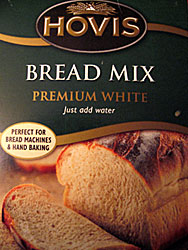This morning’s Observer column…
If Google, eBay and two leading venture-capital firms have put £12m into Fon, they must think it’s a viable proposition. Maybe it is, but there are some tiresome details to be sorted first. To take just one obvious problem, Fon aspires to operate over a wide range of legal jurisdictions, each of which has its own ideas about this stuff. As I understand British law, for example, it is legal for me to share my wireless bandwidth with a neighbour, but it would be illegal for me to charge him a fee for the service. And I don’t know what the fine print of the agreement with my ISP says about sharing the connection. My guess is that it prohibits it, and I’m sure most ISPs will take a similar view.
Truly, the road to world domination is paved with petty niggles. Besides, as one wag put it last week, if you can do it with Wi-Fi, why can’t we do it with bathrooms. I’m thinking of setting up Pee.com. Subscribers can use bathrooms all over the world. Slogan: never pay to use a public toilet again. Wonder if Google would invest?


